Dowry : the dark side of Indian weddings
In the West, we fall in love and we get married. In India, we get married and love comes later… or not. Getting married is like a bet, or an arrangement concluded by the parents, who play an important role in their children’s wedding : from choosing the right partner to organising the wedding.
Along with the celebrations, darker sides of this institution have somehow found their way to exist in the Indian society. Dowry is one such custom where the bride’s family has to pay a hefty amount- in terms of cash, gold, property or kind as a token of acknowledgement to the groom . The dowry amount can wary from 150 to 150,000 euros or even more and is calculated on the basis of the caste and social position of the groom’s family as well as salary and assets of the groom himself.
Rich or poor, educated or not, arranged marriage and dowry practices are so common in India that it doesn’t seem like an injustice to many in the rural and urban areas.
Also Read – Dowry deaths in Kerala: Evil persists despite high literacy & sex ratios.
Goddess Lakshmi or Cash cow ?
Like the Hindu goddess Lakshmi, the new bride is considered to be the guarantor of the home’s prosperity- but one symbolised by material assets. Though asking for dowry has been officially declared a crime in India, the greedy have found an indirect way of asking for it. “Nowadays, dowry has taken a different form all together, the financially well settled families accept it in a sophisticated manner, for example- asking bride’s family to pay house rent or children’s school fees.”, says Satya, from Vimochana, a women rights forum based in Bengaluru.
On Oct 4, 2017, Pooja Vikas Shirgire, a class 12 student from a village in the state of Maharashtra (West) wrote a last note to her family. Her father had no clue that her daughter would be lying dead on the floor when he came back from work. In the note, Pooja blamed the societal pressure on her father as the reason behind her hopeless situation. The unwanted burden of dowry on his debt-ridden father forced her to take such a drastic step.
Pooja’s father was a farmer and in the rural areas where 60 pc of the Indian population lives, the situation is worse. In many cases, women are threatened by their husband and in-laws, who say that they will file divorce if the dowry is not honoured. In a country where religion is sacred and divorce is considered as a “shame”, the young bride wont be “pure” for an other man and will have to live alone and could even be banished by her own family.
This incident is one of the many that have been taking place in the country due to the existing practices of dowry system. Apart from abetment to deaths, several women have experienced domestic violence and mental harassment. According to the National Crime Record Bureau (NCRB) data, a total of 24,771 dowry deaths have been reported in India from 2012-2014. The year 2014 alone saw 8,455 deaths ; which means that 30 women died every day because of it.
Lawyer, Sayanti Sengupta from Kolkata (East) says, ‘While I was working with Human Rights Law Network (HRLN), there were 15 to 20 dowry related violence cases every month.” According to the ministry of Home Affairs, there are more than 100,000 cases related to dowry registered every year, all over India.
Nikita Dugar, a final year law student, lost her friend to her in-laws’ greed. “She had fallen from a five floor building, over 70 pc of her bones were damaged and she had internal bleeding. On her fourth day in the hospital, she was suffering from severe fever and a full body infection. All this happened to her because her parents did not succumb to dowry demands. Dowry is not a gift. It is a shameful glory,” she says. Judgement in Nikita’s friend’s case is still pending.
Are the laws enough for dowry?
In 1961, barely 11 years after the adoption of the Indian Constitution, the Indian Parliament passed its first legislation against dowry in the form of Dowry Prohibition Act, which criminalised demanding and giving dowry. This act was given significantly more teeth in amendments in 1984 and 1986. These amendments, notably of 1986, added dowry deaths to the section 304 (b) of the Indian Penal Code which made dowry deaths culpable homicides. In 1983, another section 498 (A) was added to the penal code which further strengthened the anti-dowry provisions and obliged the police to arrest a woman’s in-laws in the case of harassment and/or cruelty. It was a landmark achievement for women’s rights in the country.
Sayanti Sengupta says, “In India we have several laws against dowry, but lack of awareness among people creates hurdles in implementing them.”
At the same time, there has been a continuous outcry on how the laws against dowry are being dishonestly misused by many. Therefore, on 27 July 2017, Supreme Court announced that under section 498A, an accused can not be arrested immediately, as was the case before. Now, Family Welfare Committees will discuss such cases before a First Information Report (FIR) is filed by the police. These committees are to be set up throughout the country.
Satya, who also works in the burn ward of Victoria hospital, Bengaluru, says, “The latest change brought under the section 498A, is not justified. They say women are misusing the law, then why there are cases where women are forced to commit suicide, is there any way out of this problem?”.
The recent change in the law, has indeed worsened the situation of many women who are still affected by the perverse effects of dowry. Besides campaigns of sensibilisation, nothing much is done to help women trapped in these situations. Many of them are also not assisted by the police, as it’s legally difficult to show proofs of dowry harassment. They also suffer from a great lack of psychological support. And it’s unfortunately, only when the crime is committed, that it becomes news.

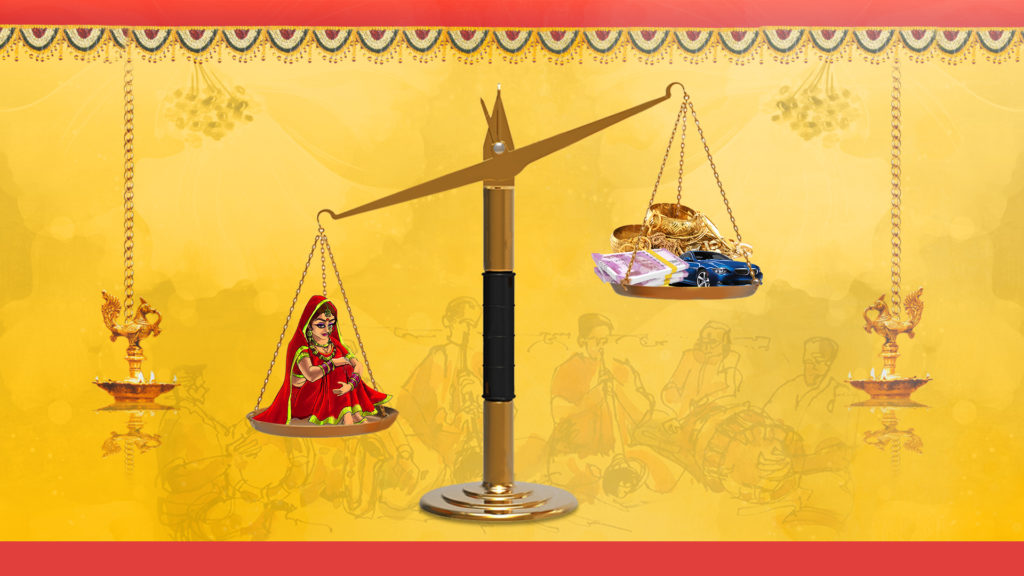

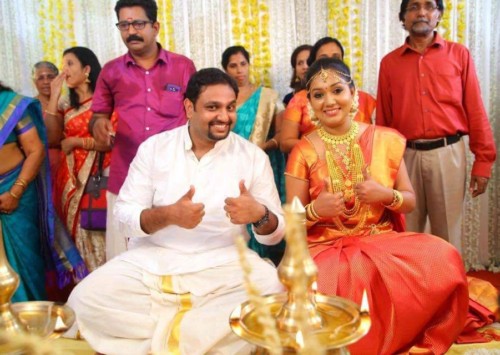
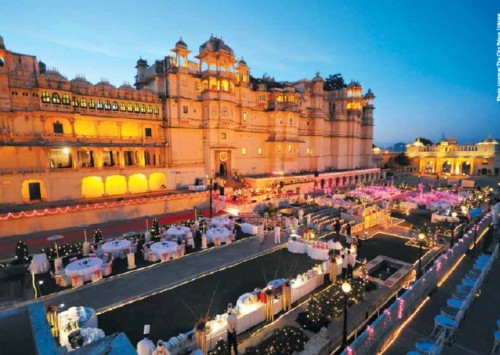
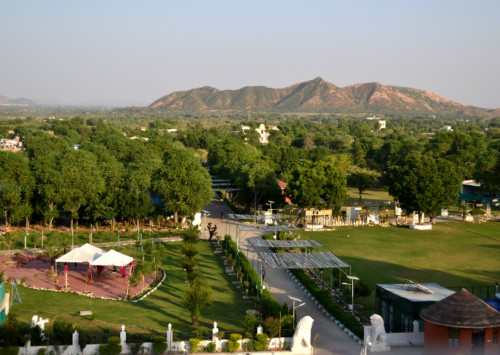


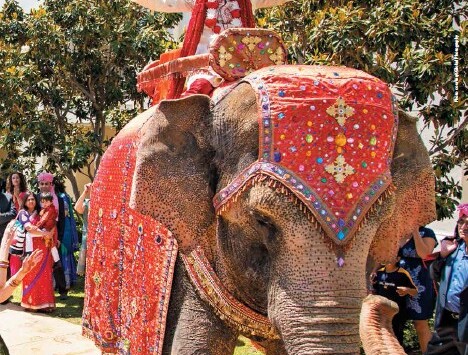









One of my colleagues took a very nice step to teach lesson to his community. I am not mentioning names over here as it is a matter of privacy. He is from a community where dowry is very common. His parents gave a list of items to be given as a dowry to his in-laws before his marriage. He was strictly against dowry but everybody threatened him that “if he will interfere in this matter he will not be allowed to marry that girl”. He liked the girl so much that he didn’t want to loose her. So to avoid accepting dowry, before two days of arranged date of marriage he married the same girl in court.
He also informed the police about the dowry demands of his own family. The police gave warning to his family and community not to take dowry in future and also asked this friend of mine to inform them if he found anyone doing so.
Three years have passed now. He has formed a group in his village who keeps watch on this dowry system. If anyone is caught giving or accepting dowry they inform police immediately. They also organise street plays.
The dowry system in India is a ritual performed in Indian families during marriage. In this system, the family of bride gives a huge amount if money and some home appliances with their daughter to the family of groom. This system of dowry in marriages is very cruel as many families suffer because of it and this also leads to suicide. Due to the dowry system many girls are been tortured and killed, if sufficient dowry is not provided by the bride’s family. Also because of the dowry system many parents don’t want a girl child which leads to girl child abortion which is a sin.
By understanding all this situations, we should quickly stop the dowry system in marriages.
My husband and his family didn’t ask for anything, i am from Delhi (Punjabi) and he is from Bengaluru (Kannadiga). The wedding ceremony was held in Bengaluru and all expenses were borne by my in laws and hubby contrary to Bride’s family footing the billing or at splitting it with groom’s family. My family and I just spent on our travel to Bengaluru and our stay.
His reason: It was a love marriage, he knew i don’t have parents and have 2 younger sisters to take care of (they were also unmarried at that time) and hence his family & he didn’t want my uncle (mamaji) or me spending anything. I am very lucky to have him as a life partner and more than that to have such understanding and loving in laws, They even supported me in getting both my sisters married :).
So please select you life partner wisely.